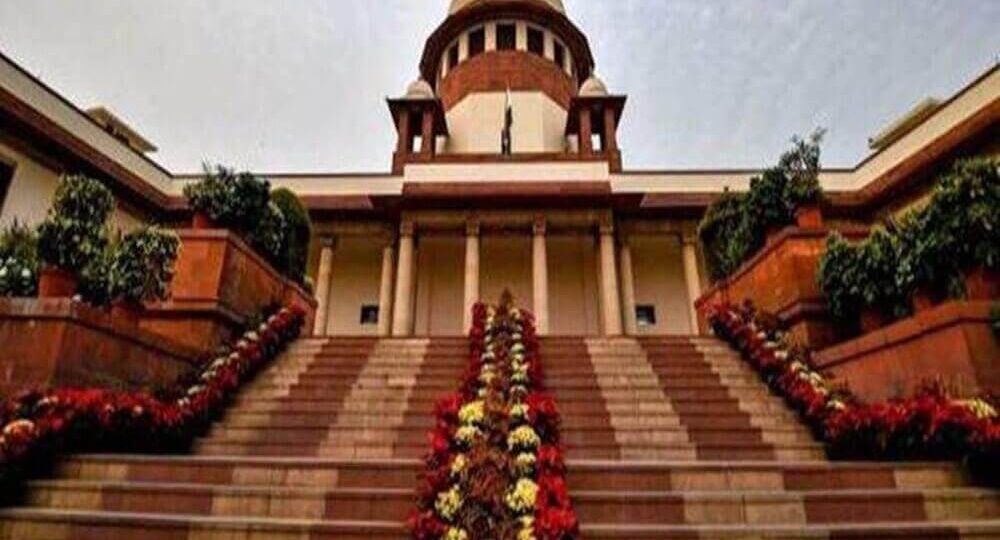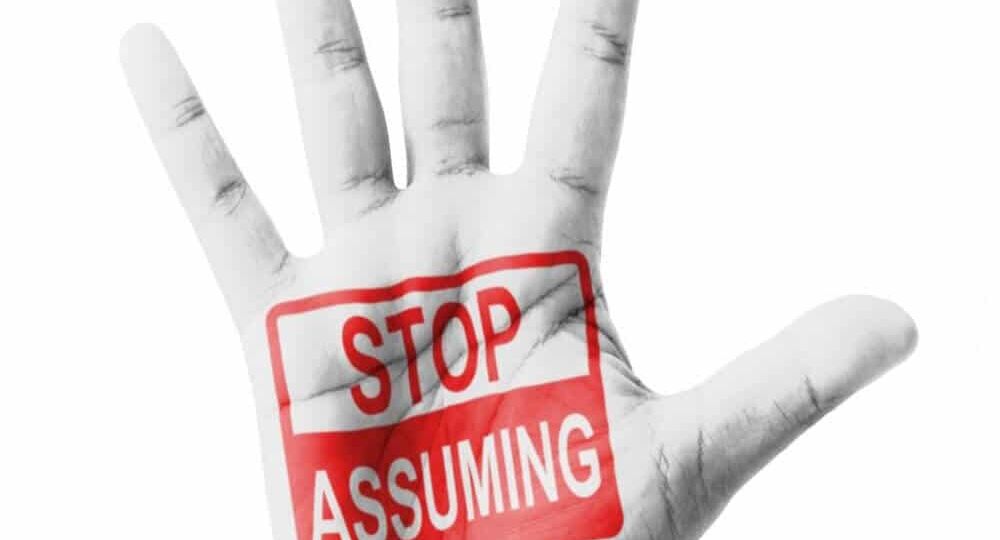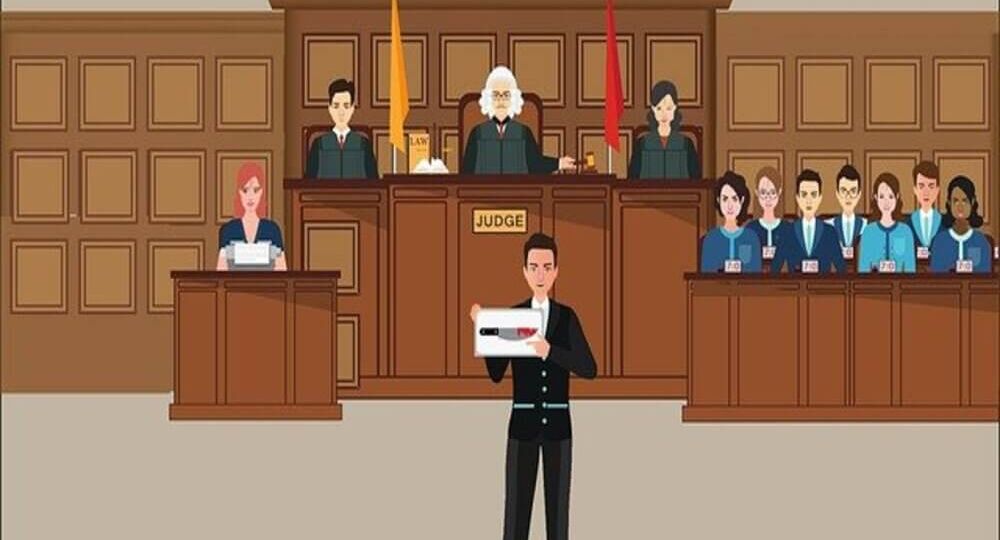“Evidence”. ––“Evidence” means and includes ––
(1) all statements which the Court permits or requires to be made before it by witnesses, about matters of fact under inquiry; such statements are called oral evidence;
evidence law
In a general sense, presumption means to presume certain things or facts by just seeing or knowing the circumstances. It is really common for us to presume things at the very first instance but if we are talking about the law, then it is something that prescribes the things to the point or in a very
“Identification” is evidence in a legal proceeding that alleged thing is an individual, record or something else. Identifying is proof of identity. The identity of the person that a witness testifies has seen on a significant occasion is also important to determine. The witness sometimes testifies that
The rule of Hearsay has its root from primeval times. Hearsay means the statements or assertions made by the information received from the third person. It may be present before the court; however it is not reliable every time. There are certain exceptions to it and that statements may be
The purpose behind the Law of Evidence is to limit the boundaries of investigation, without which no suit can be decided even if its trial takes place for a long time. The end result of the trial is to meet the ends of justice and if the “justice is delayed it is similar to justice being denied”.
Internet is the most formidable thing in the world now. We co-exist with every other in this situation of the Covid-19 pandemic with the help of the internet. Many of the confidential conversations are communicated with help of social media tools like WhatsApp.
In section 25 of the Evidence Act, 1872 it is expressly given that the confessions that are made in front of the police officials shall not be allowed to be proven against a person who is accused of any type of offence/wrong.








